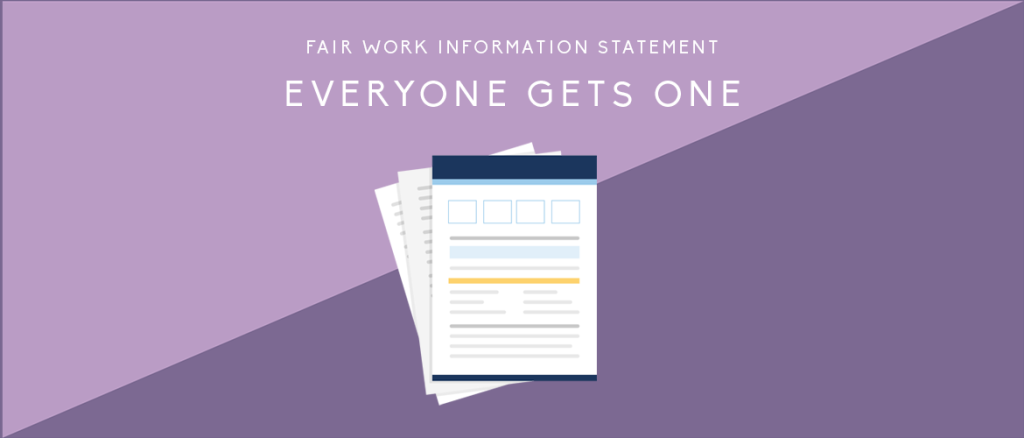Casual Employment Rules have Changed!
On Monday 26th August 2024, changes to casual employment laws came into effect.

The changes include a new definition of a casual employee and a new pathway for employees to convert from casual to permanent employment.
Please note employees who are casual before the 26th of August, will remain casual under the current definition unless they choose to transition to full-time or part-time (permanent) employment.
New Casual Definition
A person will be a casual employee if:
- there isn’t a firm promise of ongoing work and
- he/she is entitled to a casual loading or casual pay rate under an award, registered agreement or employment contract.
Employees who begin as casuals will remain as casuals until their employment status changes either through a conversion process or by accepting alternative employment under a different status.
Casual Conversion – Employee Choice Pathway
There will be a new pathway for eligible employees to change to full or part-time employment. This will replace the current rules for changing to permanent employment and will be known as the “Employee Choice Pathway”.
Under the new rules, eligible casual employees can notify their employers in writing of their intention to change to permanent employment. Employers can only refuse the notice for certain reasons (see below).
Casual employees can apply to move to permanent employment if:
- they have been employed for at least 6 months (12 months if a small business) and
- they believe they are no longer casual employees.
Employers must discuss this potential change to employment with the casual employee before committing to any change. The details of the changes must be worked through via this discussion. Then, employers must respond in writing within 21 days either accepting the change or not accepting it.
There are only a few reasons why a request to move to permanent employment can be rejected. These include:
- the employee still meets the definition of a casual employee
- there are fair and reasonable operational grounds that would negatively impact the business. Read more here about this here.
- the employer is bound by a recruitment or selection process required by law and accepting the request would mean he/she is no longer compliant.
The current casual conversion rules will continue to apply to employers and casuals employed before 26th August 2024 for a transitional period. See those details here.
Reminder! Casual Employment Information Statement
There is a new statement to hand to all casual employees when they begin work. It must also be provided after 12 months of employment (small business employers) and for other employers, after 6 and 12 months, and then after every 12 months of employment. Download the statement here.
For further details about the changes to casual employment rules, go to the Fair Work website.
Casual Employment Rules have Changed! Read More »


